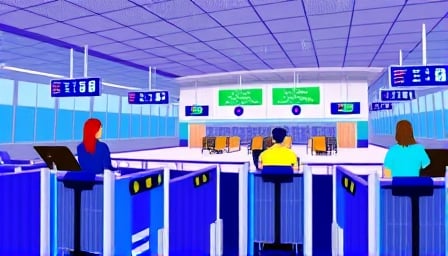Market Watch: Boeing Soars on Trade Deal and New Orders
Boeing’s stock price has experienced a significant surge in recent days, driven by positive news on trade agreements and potential new orders. The company’s shares have risen following the announcement of a new trade deal between the US and UK, which has sparked hopes of increased demand for Boeing’s aircraft.
This development is a significant turning point for the aviation industry, as it paves the way for increased trade and cooperation between the two nations. The new trade deal is expected to boost exports and stimulate economic growth, creating a favorable environment for Boeing to secure new orders.
Reports suggest that British Airways’ parent company, IAG, is planning to place a large order for Boeing’s 787 Dreamliner, potentially worth billions of dollars. This order would not only be a significant boost to Boeing’s order book but also a testament to the company’s commitment to delivering high-quality aircraft that meet the evolving needs of its customers.
The implications of this development are far-reaching, with investors optimistic about Boeing’s prospects. The company is well-positioned to capitalize on the growing demand for commercial aircraft, driven by the increasing need for air travel and the expansion of global air connectivity.
Key Takeaways:
- Boeing’s stock price has surged in recent days, driven by positive news on trade agreements and potential new orders.
- The US-UK trade deal has sparked hopes of increased demand for Boeing’s aircraft.
- IAG is planning to place a large order for Boeing’s 787 Dreamliner, potentially worth billions of dollars.
- The new trade deal is expected to boost exports and stimulate economic growth, creating a favorable environment for Boeing to secure new orders.
As the aviation industry continues to evolve, Boeing is poised for growth and success. With its commitment to delivering high-quality aircraft and its strong relationships with key customers, the company is well-positioned to capitalize on the growing demand for commercial aircraft.
